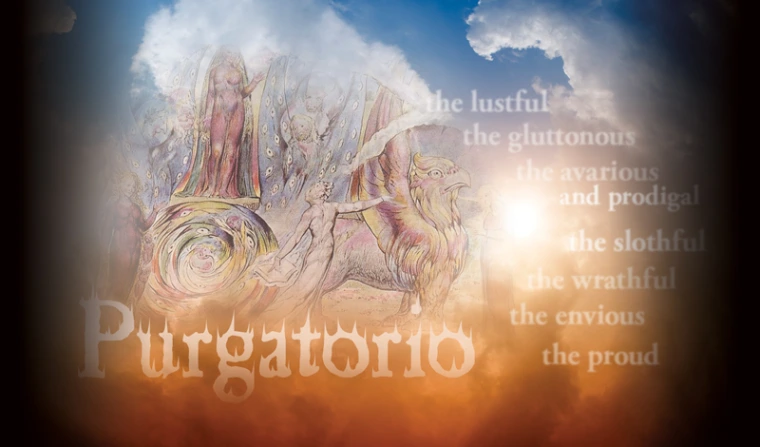Using the recent translation by Jean and Robert Hollander, we will deal with Dante’s views on human nature as represented in his Purgatorio. We shall discuss the nature of sin: how it is that appetites which keep the body and species alive are evil (i.e., lust and gluttony); and how it is that human beings can transcend their fallen nature (with Divine assistance). We will cover the numerous historical personages and references therein, and the theology implicit to it.
Although Purgatorio is the second portion of Dante’s Comedy, it is not necessary to have studied Inferno to enroll in this course. Nonetheless, for those people who have studied Inferno, Purgatorio is the next step in the spiritual growth described by Dante. While Inferno offers a bleak view of human nature, Dante’s Purgatorio illustrates how people can become “pure and ready to rise to the heavens.”
Fabian Alfie is the Head of the Department of French and Italian. He received a PhD in Italian from the University of Wisconsin, Madison, in 1995 with a specialization in the Middle Ages. He has published extensively on medieval Italian literature, and has given numerous scholarly and public talks on Dante. He is currently on the Board of the Humanities Seminars Program, and in 2008, he received a Distinguished Teaching Award from the College of Humanities.
TEXT: Alighieri, Dante. Purgatorio. Trans. Jean and Robert Hollander.Anchor, 2004. ISBN-10: 0385497008 (paperback).


